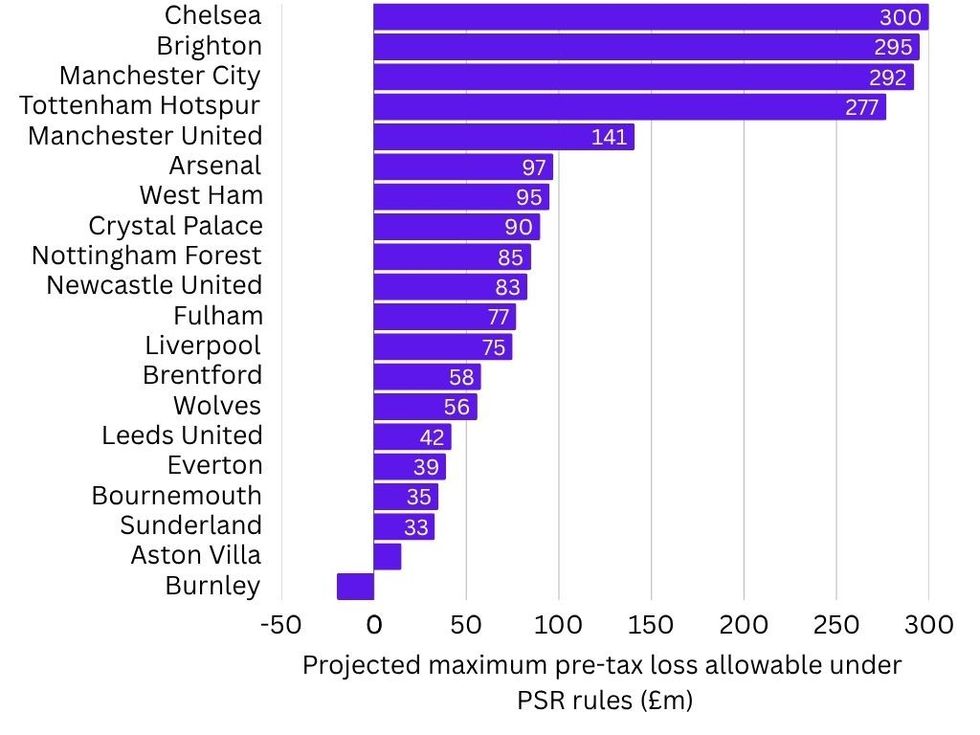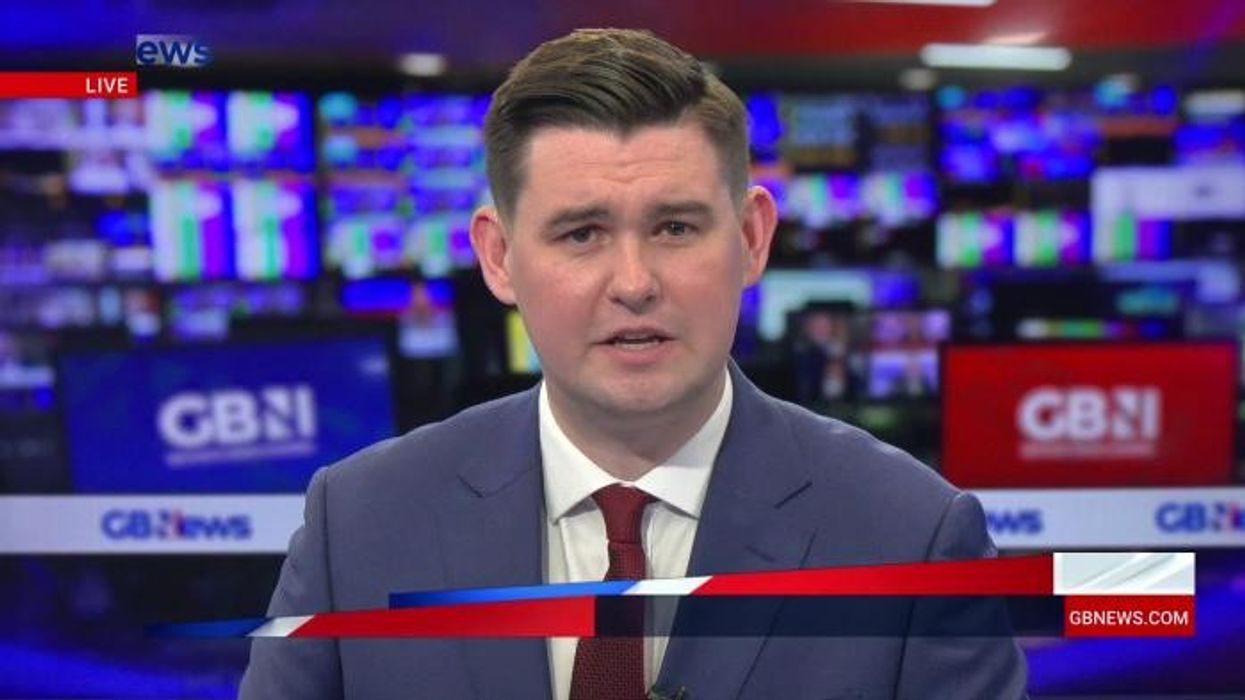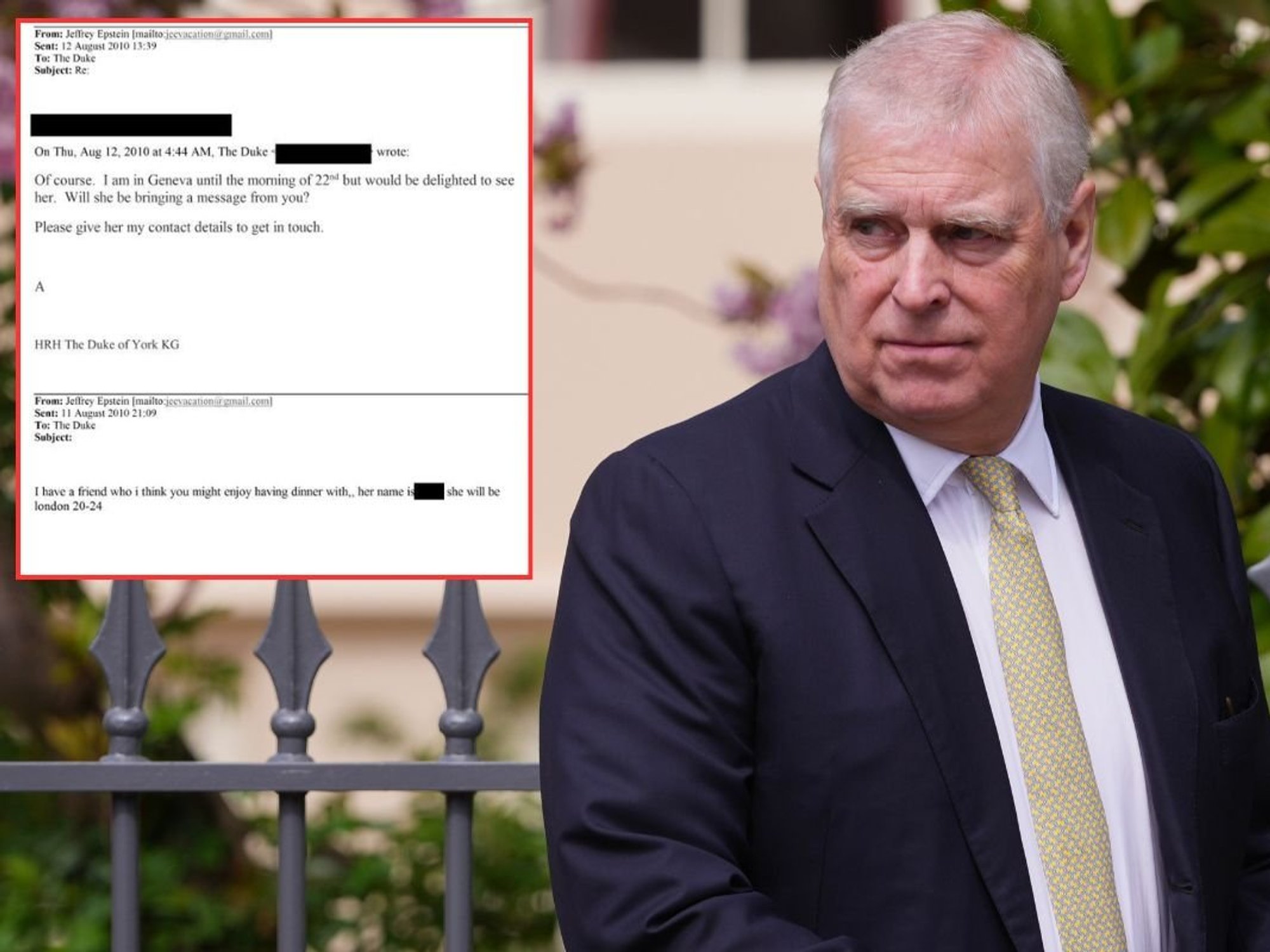Premier League clubs' PSR positions revealed: Huge surprise at the top but promoted clubs in danger

The table shows a shocking disparity between the elite clubs and those which are newly promoted
Don't Miss
Most Read
A table showing which Premier League teams are most at risk of Profit and Sustainability Rules (PSR) penalties before the deadline on June 30 has been revealed.
Since its introduction in 2015, PSR has been a contentious topic in England.
Originally introduced to make a fairer playing ground in the league and to stop clubs from spending more money than they can afford, the rules have resulted in widening the gap between the elite clubs and the rest, while exploiting absurd loopholes.
Essentially, clubs cannot record operating losses of more than £105million over a three-year period, or they would be in breach of the rules and could face points deductions.

The Premier League introduced PSR rules before the 2015/16 season
|PA
Nottingham Forest and Everton fell foul to the rules and both received points deductions in the 2023/24 season.
It is important to note that the numbers on the table are total losses the club can incur, not funds clubs have spare in their transfer kitties.
The table revealed that Chelsea have the most amount of room to work with before breaking any rules, with £300million of leeway.
JUST IN: Carlos Alcaraz consoles retiring opponent after reaching French Open final that left crowd silent

The graph demonstrates each club's maximum projected loss allowable under the PSR rules
|GB News
Chelsea, the team who have spent well over £1billion since chairman Todd Boehly took over in the summer of 2022, could lose another £300million this month without breaking the rules.
This is a result of intra-group selling, such as hotels, car parks and even their own women’s team to generate further revenue.
Essentially, the club have sold assets to other subsidiaries within their own wider group.
This wouldn’t fly under Uefa regulation, which does not account for intra-group selling in their Financial Fair Play laws.
Chelsea are already discussing with Uefa over a financial settlement due to another breach in their accounts last year.
READ MORE: Tottenham Hotspur SACK Ange Postecoglou despite historic Europa League triumph
Manchester United, whose total recorded losses over the past three years are an estimated £300million, can lose £140million before they break any rules.
According to The Athletic, their PSR position is calculated on the accounts of Red Football Limited as opposed to Manchester United plc, which has significantly fewer losses. The former is a subsidiary of the latter.
Additionally, Manchester City, who spent £170million in January, plus the rumoured additions of Rayan Ait-Nouri and Tijjani Reijnders for a further £80million, still have £290million of wiggle room.
Despite their January splurge, just £20million was deducted from this year’s accounts as the club have spread the costs and payments over the course of the players’ contracts.
Remarkably, Aston Villa sit towards the bottom of the table, as they can only incur losses of £15million and find themselves at serious risk of breaching the rules.
LATEST SPORTS NEWS:
- Crystal Palace's Europa League spot hanging by a thread after UEFA chiefs reject latest move
- Rangers fans gobsmacked to learn who new boss Russell Martin's girlfriend is
- Imane Khelif skips tournament just days after mandatory sex testing is announced by World Boxing

Manchester City bought Omar Marmoush for £60million in January
|PA
The club sold Jhon Duran, Moussa Diaby and Douglas Luiz for fees in excess of £50million each this season.
Their loss against Manchester United on the final day of the season was a tough one to take, condemning them to the Europa League after their progress in the Champions League this year.
Their continental campaign earned them £70million in prize money, but large pay packets for Marcus Rashford and Marco Asensio affected their accounts.
With the European places so tightly contested this year, even a small points deduction could be the difference between qualifying for a tournament or not, and consequently millions of pounds.
So, clubs have resorted to farcical transfers to avoid such penalties.
Last year saw homegrown talent Elliot Anderson, 22, forced out of his boyhood club Newcastle in a £35million deal to Premier League rival Nottingham Forest.
The agreement saw Greek goalkeeper Odysseas Vlachodimos, 31, go the other way for a fee of £20million, despite making just five appearances in what, at surface level, was a bizarre deal.
The answer, though, was simple: both clubs had to comply with PSR rules.
The rules mean that homegrown players, those the club have not paid a transfer fee for, can generate ‘pure profit’, and all of their transfer fees can go towards increasing their PSR position.
So, while aiming to create a level playing field and to prevent clubs from spending money they don’t have, the rules have forced clubs to sell homegrown talent just in order to stay clear of seeing a points deduction.











